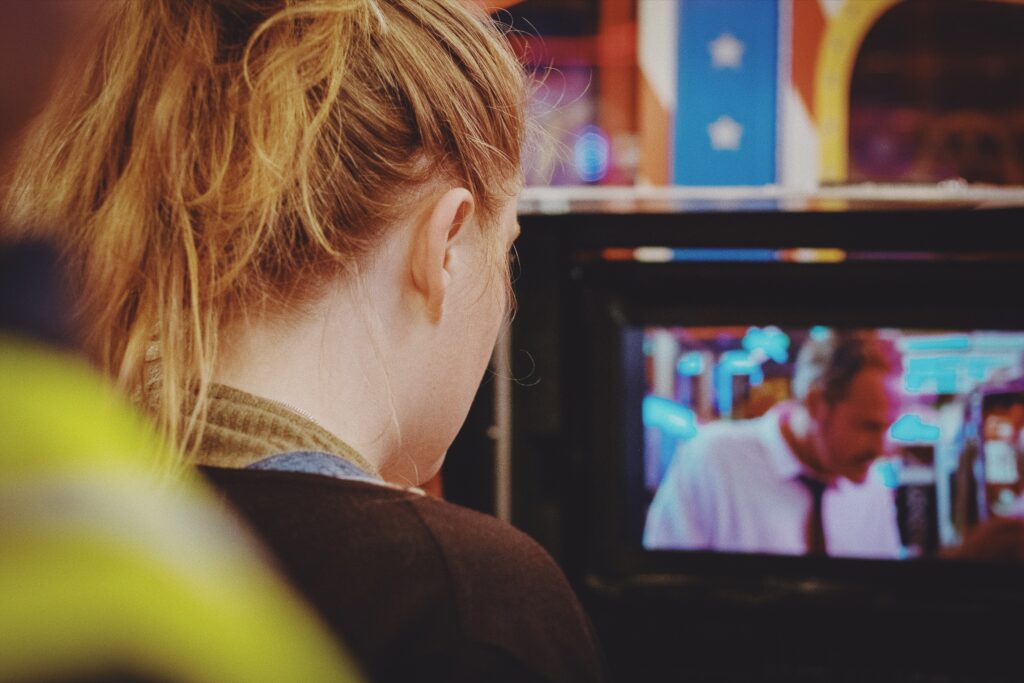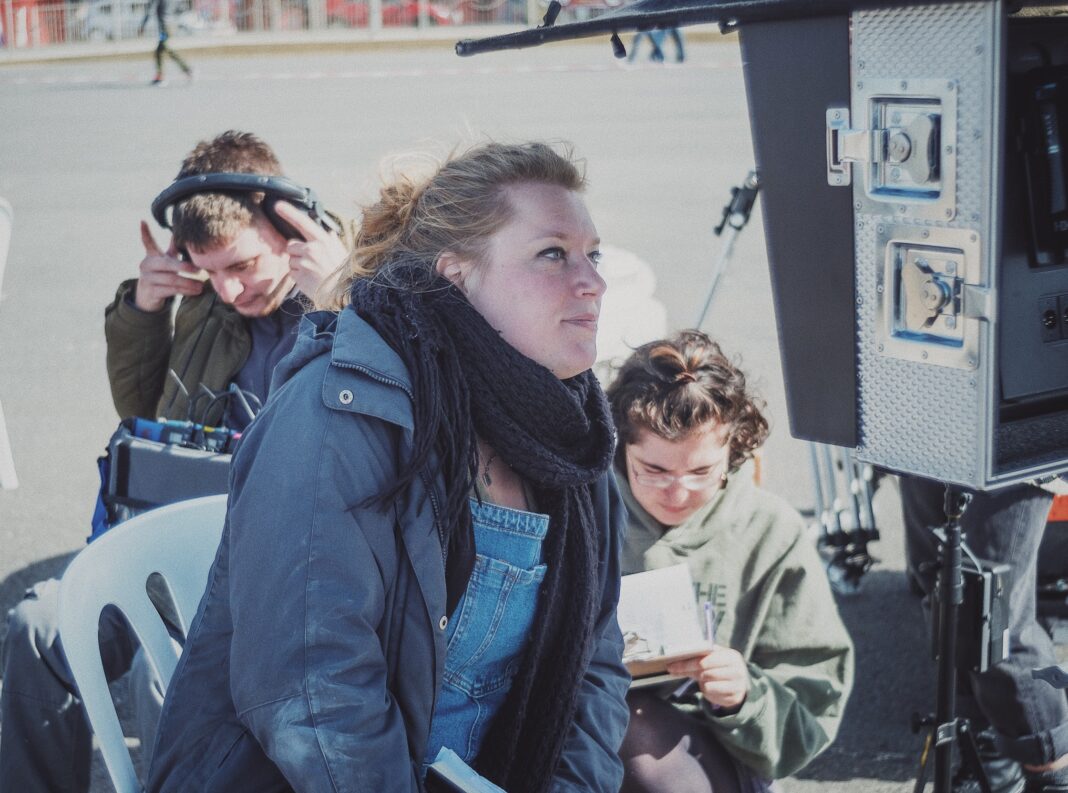A Dutch filmmaker aims to move her industry toward less waste.
Amidst the creative hum of a film school where students were churning out projects, Dutch filmmaker Laura Torenbeek paused. She saw waste — loads of it. Discarded props, leftover materials, food wrappers, and plastic water bottles littered the creative space. She knew there were better ways to dispose of these items than simply tossing them in the trash, so she did some research and compiled a sustainability guide for both professional filmmakers and students, which she began distributing to others in the industry. She saw her guide as a call to action, something to encourage discussion about how the filmmaking process could reduce its carbon footprint. “I realized how much carbon emissions the film and TV industry produces,” Torenbeek said, a revelation that, beyond the guide she wrote, laid the foundation for her to create Green Film Productions, a venture that develops films that weave compelling narratives while championing the transformative power of sustainability — and put it into practice during film production.
“Green filmmaking is a holistic, sustainable blueprint that should permeate every facet of production,” she explains. This might mean choosing natural environments over a set to promote ecological awareness, or incorporating sustainability into the content of the film itself. “A lot of people digest information through the arts,” Torenbeek says. “By having characters recycle, talk about the environment, or choose public transport over personal cars, these actions get normalized.” While she admits that it “might be weird if you just suddenly start talking about sustainability … I think in most films today, there is potential to put something in creatively.” It’s an approach known as “Planet Placement,” advocated by We Are Albert, an environmental organization that assists filmmaking teams in calculating their carbon footprint and offering guidance for making environmentally conscious decisions.
Off screen, Torenbeek’s Green Film Production relies on shared transportation, uses a compost bin, plants trees, and seeks out second-hand costumes. Torenbeek herself prioritizes driving, car-sharing, or train travel over flying, although she acknowledges that it's not always possible. “The first rule is to minimize and then the second step is to offset,” she says, relying on Albert's carbon calculator to measure each production’s emissions. “We also work within smaller crews,” Torenbeek adds.
Infusing sustainability starts in pre-production. “It’s vital to start planning how you can make your projects sustainable in pre-production and to get everyone on board,” Torenbeek says. She has no qualms about admitting that while pushing ahead to make a difference, she remains open to taking inspiration from what others are already doing. “I think it’s important that the information is out there, and that it’s shared, rather than people having to invent the wheel over and over,” she says.
“A few ways of being greener include minimizing travel, opting for vegetarian or vegan catering, using LED lighting, and renting costumes and props instead of purchasing them outright,” Torenbeek says. Rather than costing more, she says, “film productions can likely even save money this way. This approach makes it possible to save on energy costs and waste disposal. If you buy secondhand, it's also cheaper than the full price.”

Green Film Productions shot its latest film, The Reckoning of Erin Morrigan, in the UK and Ireland. “After calculating its carbon footprint, we’re offsetting it through Ecologi,” Torenbeek says. She advocates for the inclusion, wherever possible, of a dedicated individual in every film production who focuses exclusively on environmental aspects, integrating sustainability into core production protocols. “Sustainability should be made part of the protocols that people have to follow.”
Torenbeek believes that sustainable practices on site can be simplified by having all the various recycling bins easily accessible or by paying for and bringing in companies such as Shoot Support, that go through trash, separate it, and make sure everything is recycled. “Of course, there will be stuff that cannot be recycled,” Torenbeek says, “but everything that can be recycled, will be recycled.” The filmmaker has also been working with companies such as Reworked, which takes discarded personal protective equipment, such as masks and gloves, and turns them into functional furniture.
Increasingly, larger film companies are hiring experts — either paid or volunteers with backgrounds in environmental science — that monitor practices on sets. Other firms champion sustainable product placements. While the productions spearheaded by Green Film Productions are relatively small-scale, Torenbeek is nonetheless ambitious. “I hope that sustainability will be a priority,” she says, “leading to a film and TV industry that's completely carbon neutral.”


